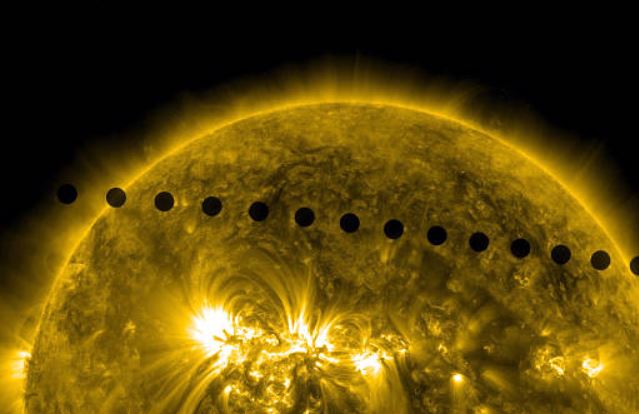
Recent research has directed its focus toward the sulfuric-acid-laden clouds of Venus as a potential habitat for extraterrestrial life.
A groundbreaking study calls for establishing a new branch of astrobiology and organic chemistry, challenging the conventional belief that water is the sole prerequisite for life.
Expanding Astrobiological Horizons
The study, spearheaded by Janusz Pętkowski, a research affiliate at the Massachusetts Institute of Technology (MIT), reveals that amino acids, the building blocks of proteins crucial for life, remain stable in concentrated sulfuric acid, a major component of Venusian clouds.
The results, titled “Stability of 20 Biogenic Amino Acids in Concentrated Sulfuric Acid: Implications for the Habitability of Venus’ Clouds,” were published in the journal Astrobiology.
They imply that a wider range of biologically significant molecules can be found in biochemistry based on concentrated sulfuric acid solvent than previously believed.
This challenges traditional assumptions about the conditions required for life to thrive, prompting scientists to explore alternative solvents on planets and moons.
Read more: Zodiac Romance: What Awaits In 2024 Based On Your Sign
Venus Unveiled: Decoding Biochemistry in Sulfuric Acid Clouds

Venus, often called Earth’s sister planet, boasts clouds dominated by concentrated sulfuric acid. These clouds, with acid concentrations ranging from 81% to 98%, play a pivotal role in the planet’s atmosphere.
Pętkowski’s team emphasizes the continuous delivery of amino acids and organic materials to Venus through meteoritic material, raising the possibility of unique biochemistry within the hostile environment of the Venusian clouds.
The research not only broadens the understanding of potential alternative solvents for life but also fuels speculations about the presence of alien biochemistry. If life exists in Venus’ clouds, it would likely exhibit fundamental differences from life on Earth.
Pętkowski and his colleagues are now delving into organic chemistry in concentrated sulfuric acid to explore complex reactions that might be occurring within Venus’ cloud layers, situated approximately 30 to 40 miles above its surface.
The insights gained from this research are expected to shape future missions to Venus, including the Venus Life Finder mission (Rocket Lab Mission to Venus) scheduled for launch in early 2025.
Led by MIT astrophysicist Sara Seager, the Morning Star Missions to Venus initiative aims to further explore Venus and potentially uncover signs of life within its atmosphere. The quest for organic material within cloud-layer particles remains a primary objective of these missions.
Read more: Moon Mission For Everyone: Send Your Name On A Cosmic Adventure With NASA’s VIPER Mission

